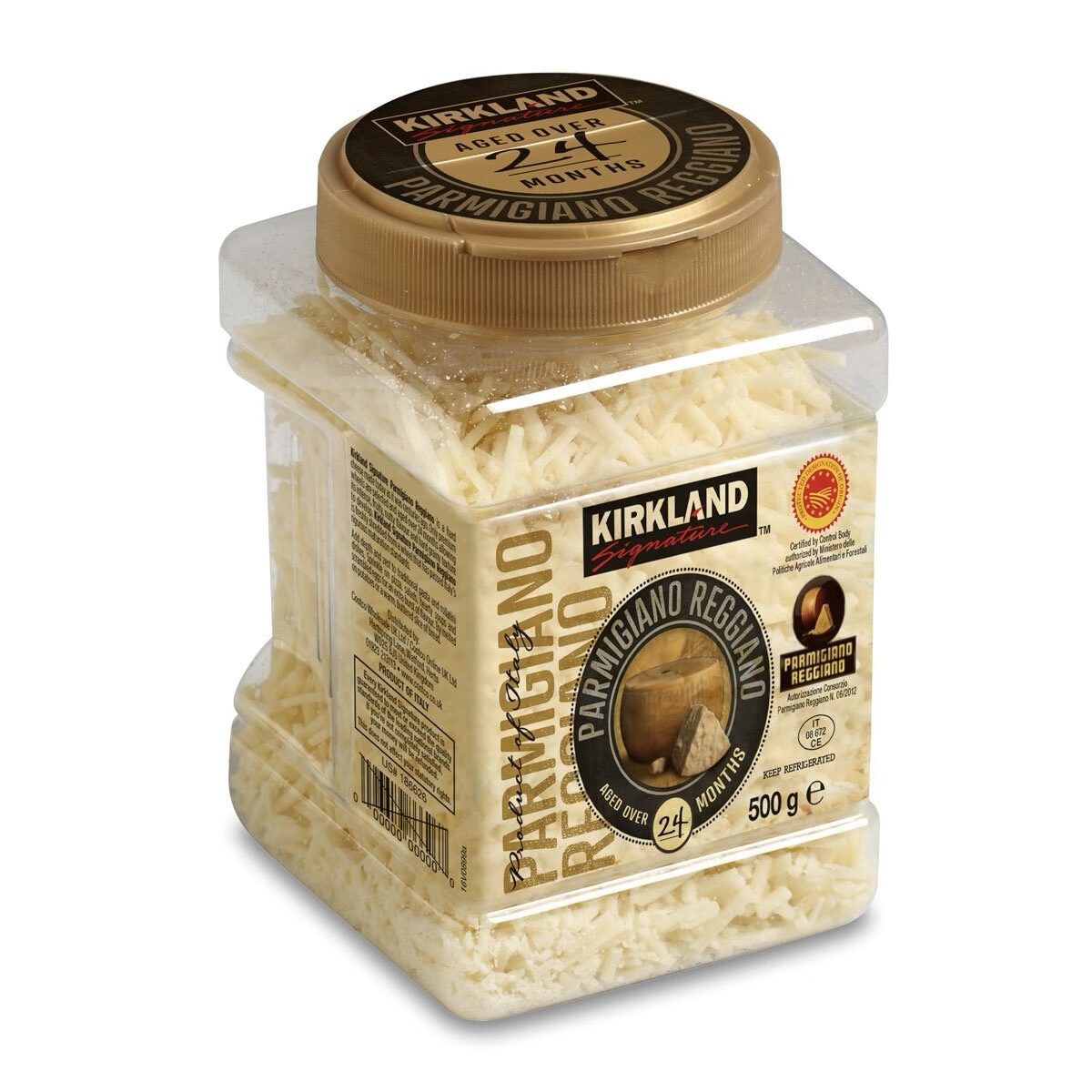Where are YOU Storing that Green-Capped Container of Grated Parmesan?
Here’s a question for you: Does shaker-type Parmesan cheese need to be refrigerated? Or put another way, where’s the best place to store that trusty green-capped container?

Meghan Glass, a professional chef, researched this topic for www.allrecipes.com, and here’s what she found food scientists say is the answer to the question.
First, though, what is the difference between cheese labeled ‘Parmesan’ and ‘Parmigiano-Reggiano?’ Meghan says, “Parmigiano-Reggiano has a special protected cultural status with strict requirements. This cheese can only be made in a specific region of northern Italy from local cow's milk and using specific historical methods. It also has to be aged for a minimum of about one year. Think of Parmigiano as the Champagne of cheeses. If it isn't made in northern Italy, then it's just sparkling cheese.”

Parmesan doesn't need all of those rules, however. Any milk can make it, it can be made anywhere, and the aging process is shorter, only around 10 months. The texture of grated Parmesan is also drier than fresh cheese. Grating or shredding hard cheeses requires dehydration, evaporation, and then cooling to reduce the fat from oozing out and making it clump.
OK, enough trivia. What’s the answer—does grated Parmesan need refrigeration or is it safe to keep it in the cupboard or pantry? Our local pizza shops aren’t gonna like the answer. Those shakers of cheesy goodness absolutely need to be refrigerated to keep this tasty cheese fresh and preserve its quality.

In fact, Kraft (a leading brand) advised storing its cheeses in the refrigerator at the normal temperature of 40 degrees F and only keeping them at room temp for up to one hour. This makes sense if you remember that cheese, no matter how seemingly fine, is a dairy product primarily, and no one likes room-temperature milk.
Finally, Meghan says, “While we definitely need to store this cheese in the fridge, it’s helpful to know that harder cheeses will hold up against bacteria longer than softer cheeses due to their drier texture.” But, if you notice any discoloration, foul odors or moisture on your grated Parm, food scientists all advise, “As much as it hurts, throw it out!”
 Alice Osborne
Alice Osborne
Weekly Newsletter Contributor since 2006
Email the author! alice@dvo.com
